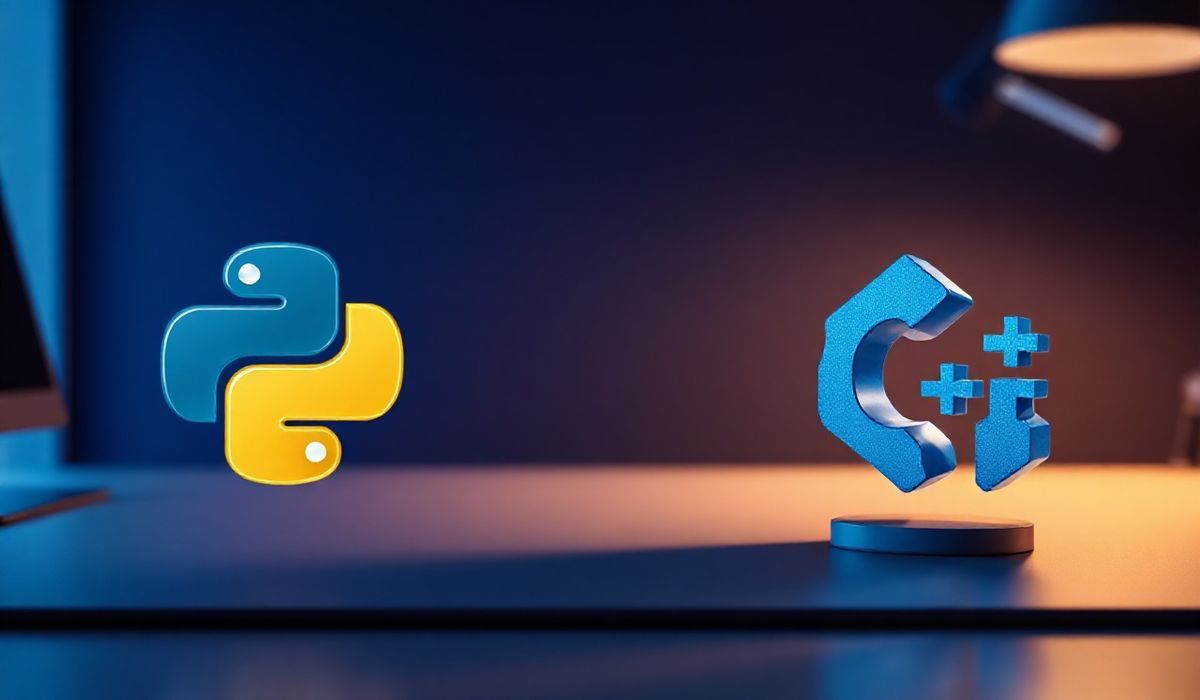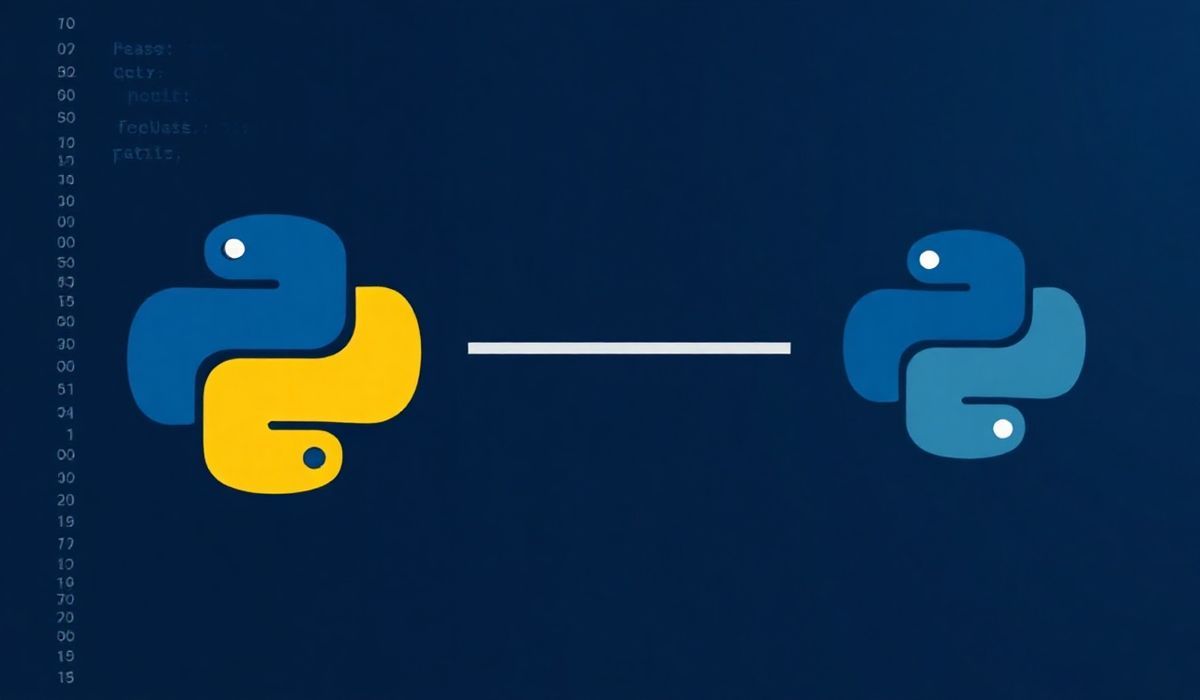Introduction to read-pkg
The read-pkg module is a powerful utility for reading package.json files in your Node.js projects. It simplifies the process of accessing package metadata and allows developers to efficiently manage dependencies, scripts, and project information. In this blog post, we will explore various APIs provided by the read-pkg module through code snippets and practical examples to help you integrate it seamlessly into your projects.
Getting Started
First, you need to install the read-pkg module using npm or yarn:
npm install read-pkg
yarn add read-pkg
Basic Usage
Here’s a quick example of how to read the package.json file:
const readPkg = require('read-pkg');
readPkg().then(pkg => {
console.log(pkg);
});
API Methods
1. Asynchronous Read
This method reads package.json asynchronously:
const readPkg = require('read-pkg');
readPkg().then(pkg => {
console.log(pkg);
}).catch(err => {
console.error('Failed to read package.json:', err);
});
2. Synchronous Read
To read the package.json synchronously:
const readPkg = require('read-pkg');
try {
const pkg = readPkg.sync();
console.log(pkg);
} catch (err) {
console.error('Failed to read package.json:', err);
}
3. Reading from a Specific Path
If your package.json is located in a different directory, you can specify the path:
const readPkg = require('read-pkg');
readPkg({cwd: 'path/to/directory'}).then(pkg => {
console.log(pkg);
});
const readPkg = require('read-pkg');
try {
const pkg = readPkg.sync({cwd: 'path/to/directory'});
console.log(pkg);
} catch (err) {
console.error('Failed to read package.json:', err);
}
4. Reading with Normalization
Normalize the package data by setting the normalize option to true:
const readPkg = require('read-pkg');
readPkg({normalize: true}).then(pkg => {
console.log(pkg);
});
const readPkg = require('read-pkg');
const pkg = readPkg.sync({normalize: true});
console.log(pkg);
App Example
Let’s build a small Node.js application that utilizes the read-pkg API to display package information:
const express = require('express');
const readPkg = require('read-pkg');
const app = express();
app.get('/', async (req, res) => {
try {
const pkg = await readPkg();
res.json(pkg);
} catch (err) {
res.status(500).send('Failed to read package.json');
}
});
const PORT = process.env.PORT || 3000;
app.listen(PORT, () => {
console.log('Server is running on port', PORT);
});
This example sets up an Express server that reads the package.json file and returns its content in JSON format when the root URL (/) is accessed.
Hash: 3c60054f8ea910217f42350c2a349e355a957e8c64de6a50d335f548710b63bc




